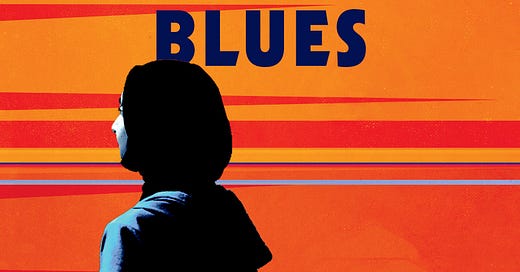When Leslie Feinberg published Stone Butch Blues in 1993, it was considered one of the finest novels ever written about the complexities of both the lesbian experience and the transgender experience. Feinberg, who described hirself as "an anti-racist white, working-class, secular Jewish, transgender, lesbian, female, revolutionary communist” called the …
© 2025 Roxane Gay
Substack is the home for great culture




